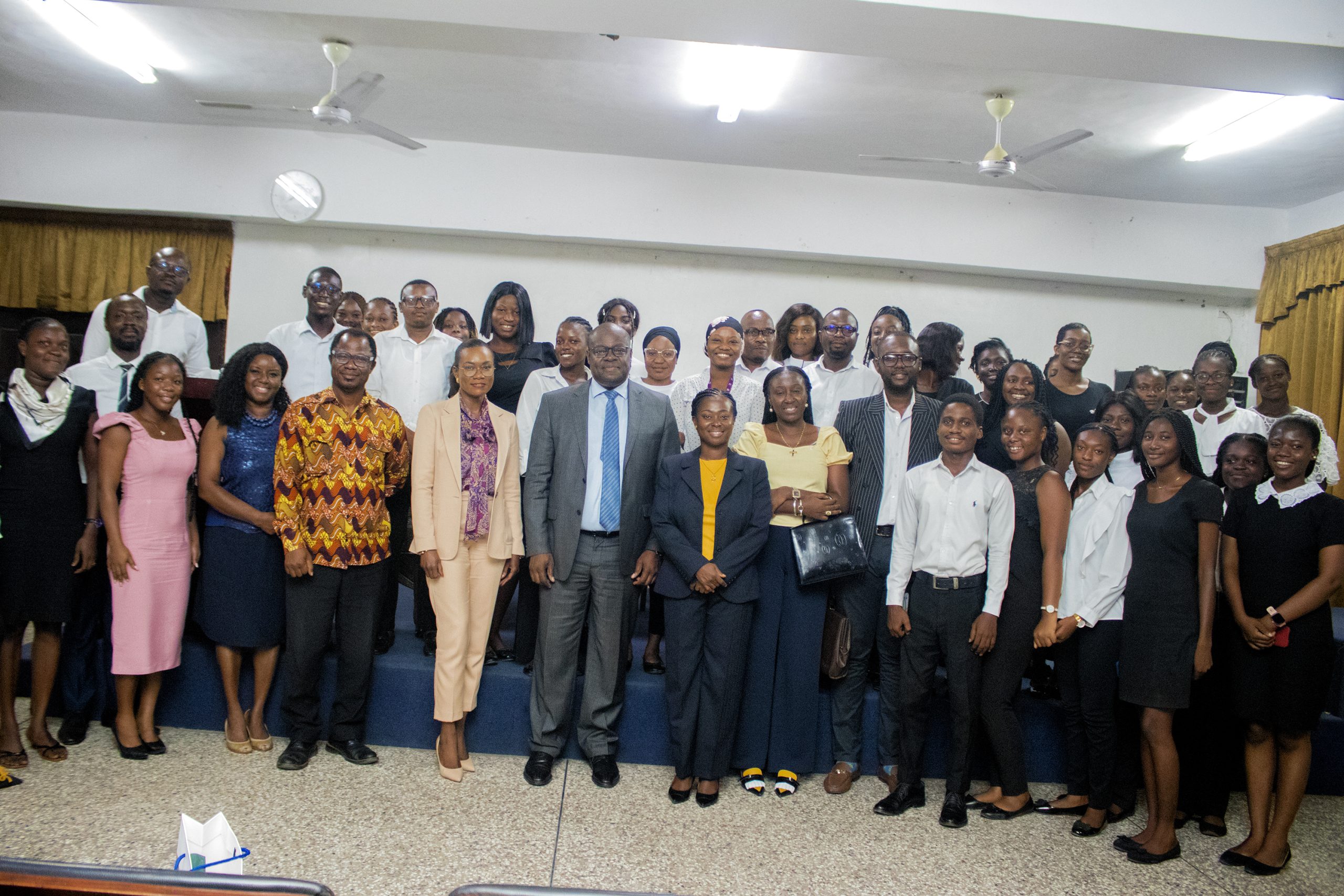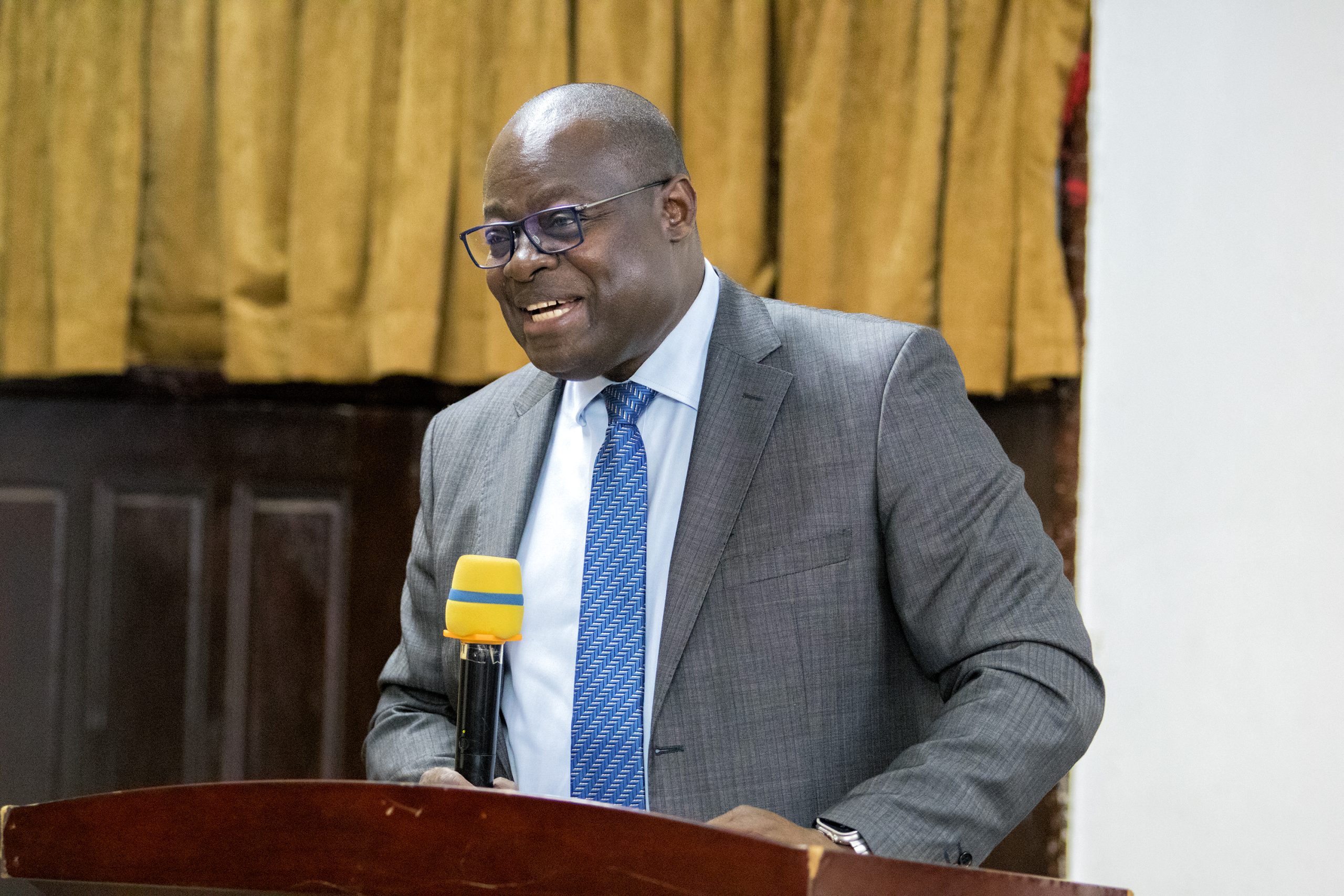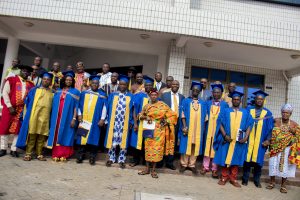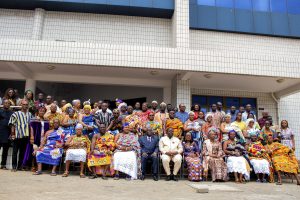The World Trade Organisation (WTO) has re-emphasised the urgent need for African nations to harness growing trade opportunities to improve their economic fortunes.
Director of the WTO’s Agriculture and Commodities Division, Dr Edwini Kessie, explained that developing countries must go beyond international trade negotiations and the signing of treaties to actually implement the trade policies they subscribe to.
Dr Kessie was speaking at a public lecture organised by the UPSA Centre for International Education and Collaboration (CIEC) and UPSA Law School on Wednesday, April 3.
He said Africa currently contributes about three percent to global trade, a situation he described as “economically insignificant”, calling for the removal of trade barriers and inconsistent policies.
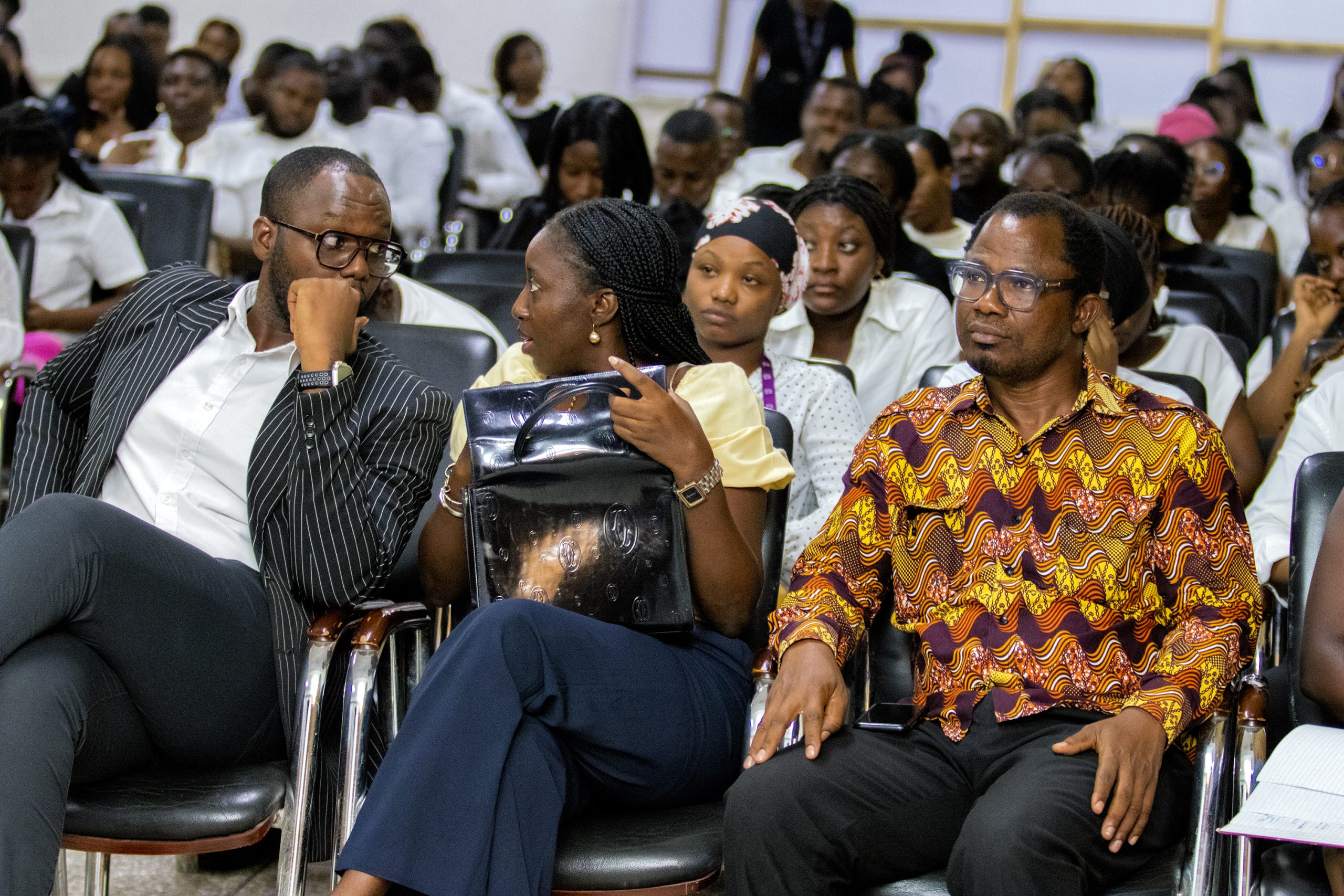
The renowned trade expert believes that by implementing coherent domestic policies, African leaders can achieve a robust economy and set their nations on the path of sustainable development.
“The African Continental Free Trade Area (AfCFTA) agreement is a significant milestone in this respect,” Dr Kessie stressed.
“It will create a large unified market of 1.4 billion people as well as a strong base for exporting Africa’s output to the world.
“But I must stress that, as much as the AfCFTA holds great promise for our continent, it very much depends on how it is implemented.”
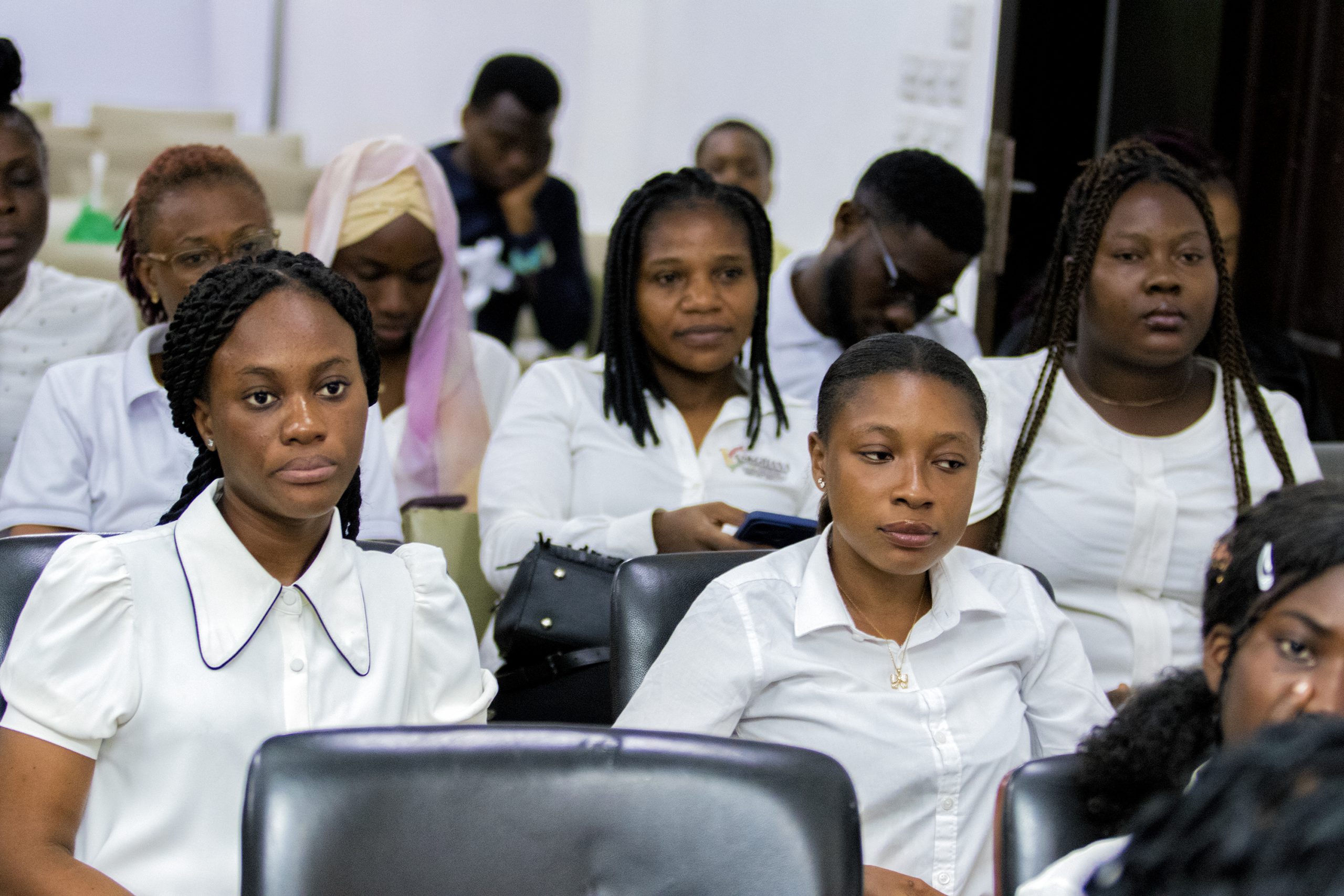
Speaking on the theme ‘leveraging trade to achieve sustainable development in Africa’s food and agriculture sector,’ Dr Kessie said the agriculture sector holds the key to Ghana’s economic prosperity.
“Africa has the trade potential to be a powerhouse in the agri-food sector, but we need to take the necessary actions that will turn promise into reality,” Dr Kessie said.
“One of the ways to leverage trade is for countries to implement coherent and transparent domestic policies across all sectors that will help create an enabling environment for businesses to thrive, including agribusinesses.”
Dr Kessie said this would not only enhance job creation but also raise the income of people and reduce poverty on the continent.
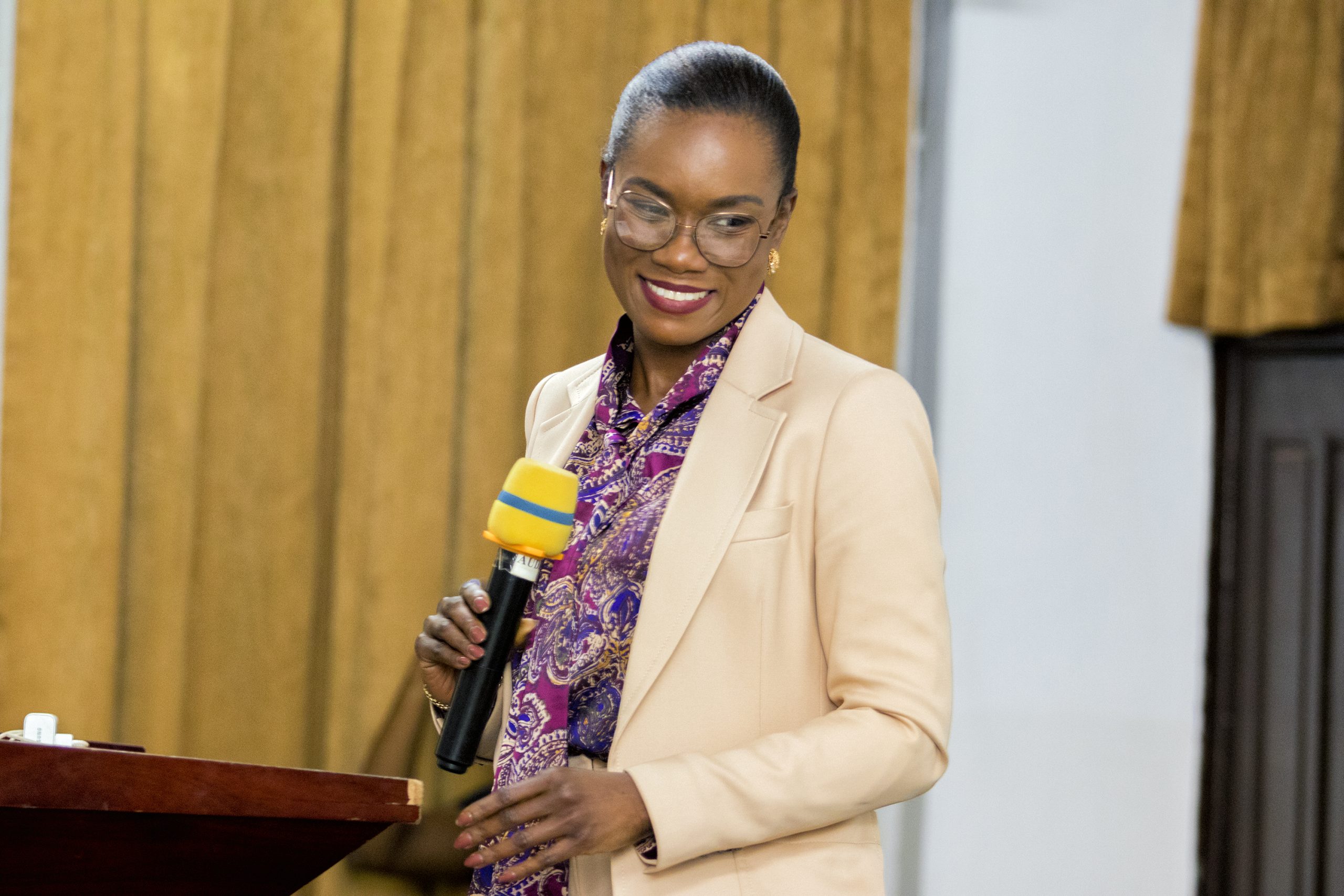
Director of the Centre for International Education and Collaboration, Ms Ivy Heward-Mills, thanked the WTO chief for his insightful lecture, which she said has expanded the knowledge resource of the students and faculty members.
She further added that the lecture provided an opportunity for participants to engage in thought-provoking discussions on the challenges and opportunities that lie ahead for African nations as they strive to unlock the full potential of the continent’s agricultural sector.
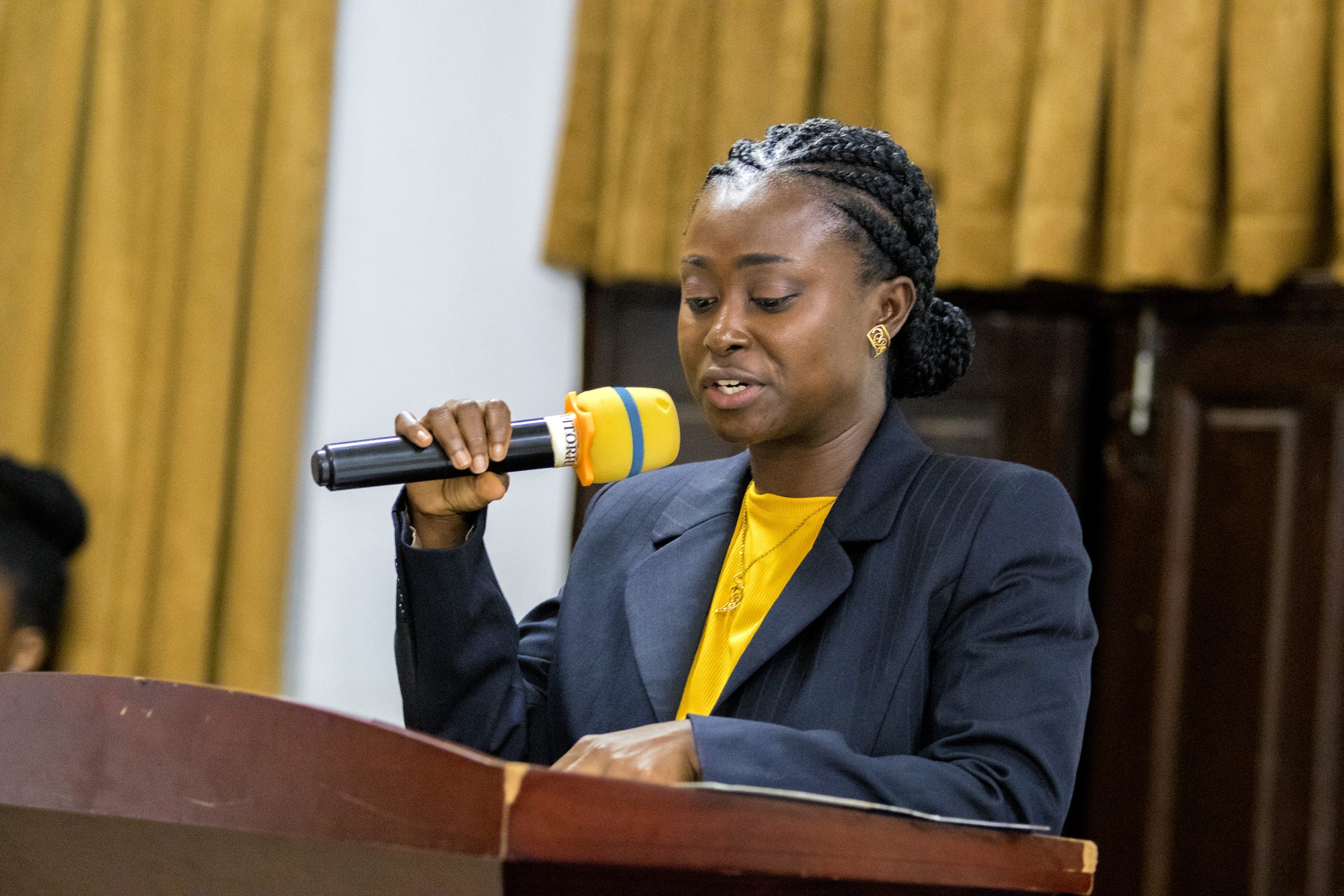
Vice Dean of the UPSA Law School, Dr Francisca Kusi-Appiah, expressed the commitment of the Law School and the Centre for International Education and Collaboration to continue facilitating platforms for dialogue and knowledge exchange among stakeholders involved in Africa’s economic development.
She urged the students to apply the fresh knowledge they have acquired to improve their understanding of international trade.
